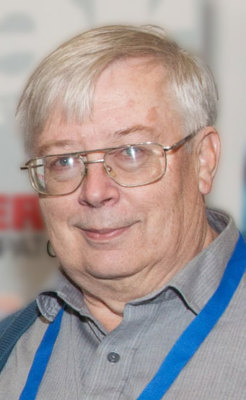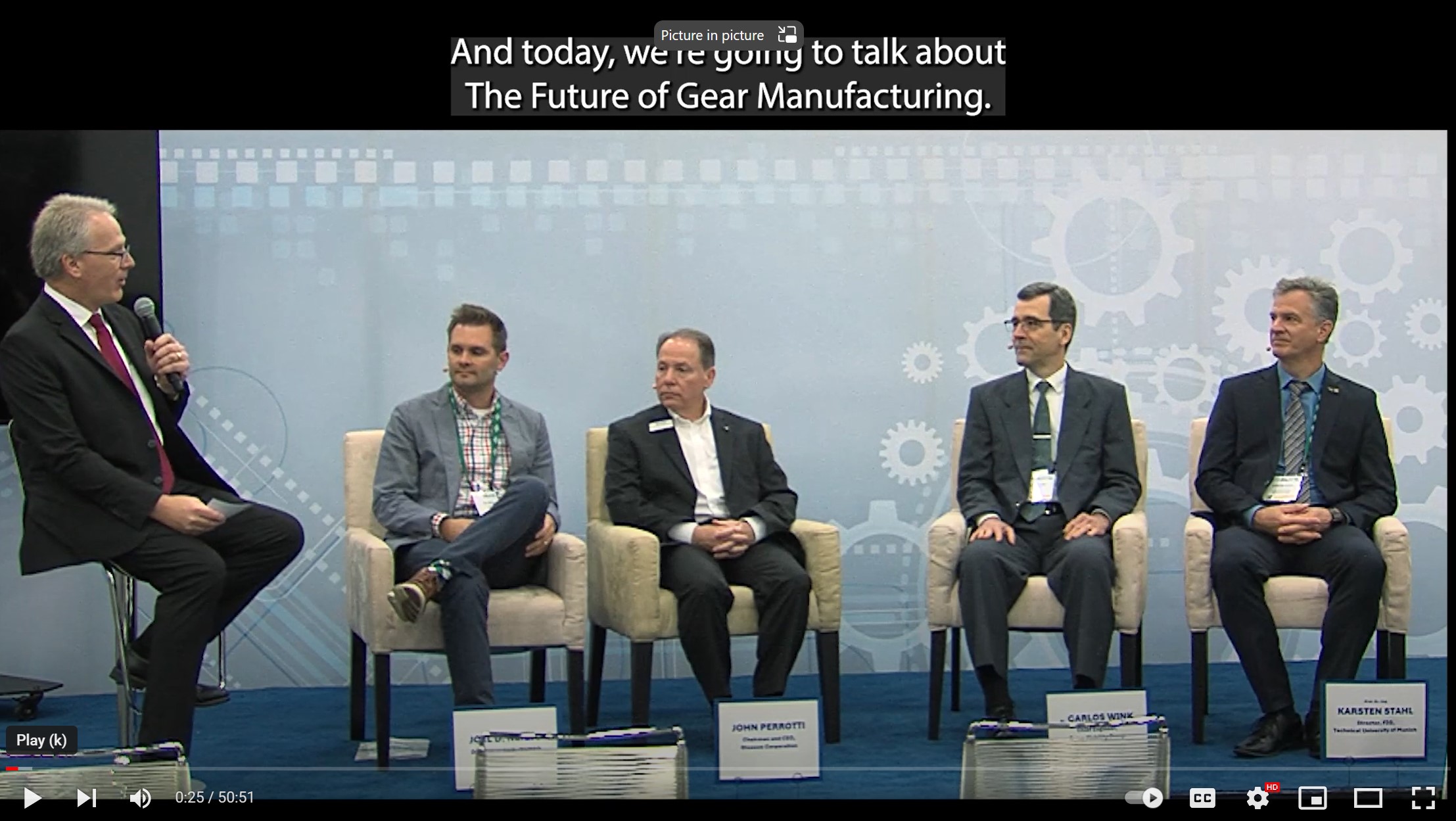With only a few blogs left to write, I have been thinking about the highs and lows of fifty years in the gear business. Longtime readers know about some events that seemed to illustrate particular lessons; linear story telling is not possible in a general engineering forum, and at times I feared the tale was approaching “Forrest Gump” territory. I did not set out to get involved with such a wide range of geared products; when you work for smaller shops and then become a consultant, you cannot be fussy about the projects you take on.
Many times, we were the only serious bidder for contracts that were outside the “normal” range for our competitors. Occasionally, management regretted getting involved; other times, there was dispute over who deserved the credit for the big win. “science projects” — one manager’s derogatory term for unusual applications, taught us a lot. Sometimes the lessons were on what to avoid in the future, but most of the time we learned valuable things that could be applied to future work.
Cliches are bandied about on the importance of trying your best at whatever you undertake. Playing it safe does not teach you anything. It does not help your organization replace business that will never come back. Sure, venturing into unknown market segments can get you fired; been there, done that, and would do it again.
As engineers, we have to learn to deal with risk. The biggest fiascos are not always caused because it was unknown territory; usually it begins when short cuts are taken during the all-important “study the prior art” portion of the exercise. An opportunity comes up, someone underestimates the degree of difficulty or makes assumptions on cost, lead time, or quality, and things swirl down the drain in a storm of finger pointing.
The worst outcome is not that you lost a bit of money. Far more damaging to a company’s future is an aversion to “thinking big.” You lose every time you let a bad memory keep you from fully investigating a request for proposals. We will never re-vitalize American manufacturing if we only seek more orders where we always got them before.
Many wonderful opportunities are coming in alternative energy, environmental remediation, electric vehicles, and infrastructure revitalization. Think big, not safe. When challenged, get the team together and brainstorm ways to reach that price point, to make that deadline, to figure out new ways to accomplish a better end result. Don’t settle for being the last vendor standing in a dying market segment.







